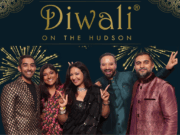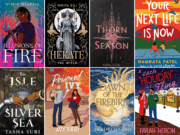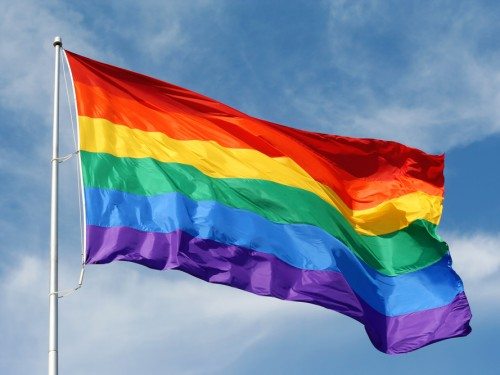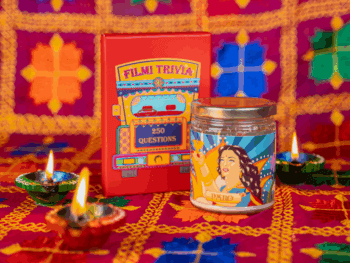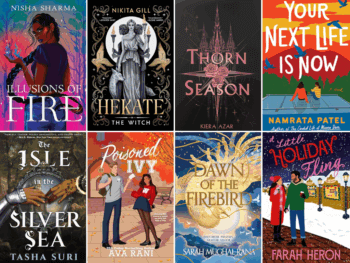On Friday, June 26, before many Pride weekend celebrations across the world, the U.S. Supreme Court ruled 5-4 that states can no longer legally ban same-sex couples from marrying and must recognize their unions in the eyes of the law.

Justice Anthony Kennedy, who was speculated as the crucial swing vote in the decision, wrote the majority opinion for the court representing Justices Ruth Bader Ginsburg, Sonia Sotomayor, Elena Kagan and Stephen G. Breyer. The justices who dissented — Chief Justice John Roberts and Justices Clarence Thomas, Antonin Scalia and Samuel Alito — each wrote their own opinions, which have met with heckling and outrage across social media.
“No union is more profound than marriage, for it embodies the highest ideals of love, fidelity, devotion, sacrifice and family,” Kennedy wrote. “It would misunderstand these men and women to say they disrespect the idea of marriage. Their plea is that they do respect it, respect it so deeply that they seek to find its fulfillment for themselves. Their hope is not to be condemned to live in loneliness, excluded from one of civilization’s oldest institutions. They ask for equal dignity in the eyes of the law. The Constitution grants them that right.”
The decision was a long time coming for Jim Obergefell, whose court case was at the centre of the decision. Obergefell's case is linked with three other cases that involved a dozen couples who filed cases challenging same-sex marriage bans in Ohio, Michigan, Kentucky, and Tennessee.
Obergefell lost his husband, John, to ALS in 2013 and dedicated this victory to him. "This is for you, John," he said as he exited the court. "Today's ruling from the Supreme Court affirms what millions across this country already know to be true in our hearts: that our love is equal, that the four words etched onto the front of the Supreme Court — equal justice under law — apply to us too."
Apart from this momentous verdict, it was a historic week for President Barack Obama as well, who called the decision "a victory for America." Just the day before, the Supreme Court upheld the national subsidies for Obamacare. These two landmark decisions have definitely bolstered his legacy.

Mary Jo Kennedy and Jo-Ann Shain, who sued to have their marriage recognized, greet the New York Pride parade's grand marshals, actors Ian McKellen and Derek Jacobi
The verdict from the United States was seen as a hopeful signal for change and gave pride parades a triumphant tone in New York, Toronto, Dublin, Paris, and other cities celebrating last weekend.
Cold weather didn't stop revellers, supporters, celebrities and politicians from celebrating at Toronto's 35th Pride parade. The jubilant spirit there also influenced guests like Nadezhda Tolokonnikova, a political activist and member of Pussy Riot, who said there's a "small possibility" that they could bring a parade to Russia.
The court voted in favour of love, and we are so thrilled at this heartening and amazing decision. It certainly sets a precedent for the world, especially soon after Ireland, a deeply Roman-Catholic nation, legalized gay marriage.
We can only hope that India also strikes down its archaic Section 377. It's baffling that India has made such strides in recognizing a third gender and supporting the hijra community, but that Section 377 is still upheld. The law, which was legislated during the British Raj era, may soon be scrapped, especially after support (before a swift retraction) from DV Sadananda Gowda, the union law minister who initially said that the law was irrelevant. Although ministers will generally flip-flop on the issue, it's a matter that will no doubt earn some good will from the LGBTQ community at home and abroad if it's struck down.
Rumnique Nannar
Author
Rumnique Nannar is a new journalist with a passion for all things pop culture, film, and art. Rumnique was born in London, with a predilection for devouring English chocolate with her Vogue, ANOKHI, and Glamour magazines in tow. She is currently in her Journalism Masters at UBC. Connect ...





